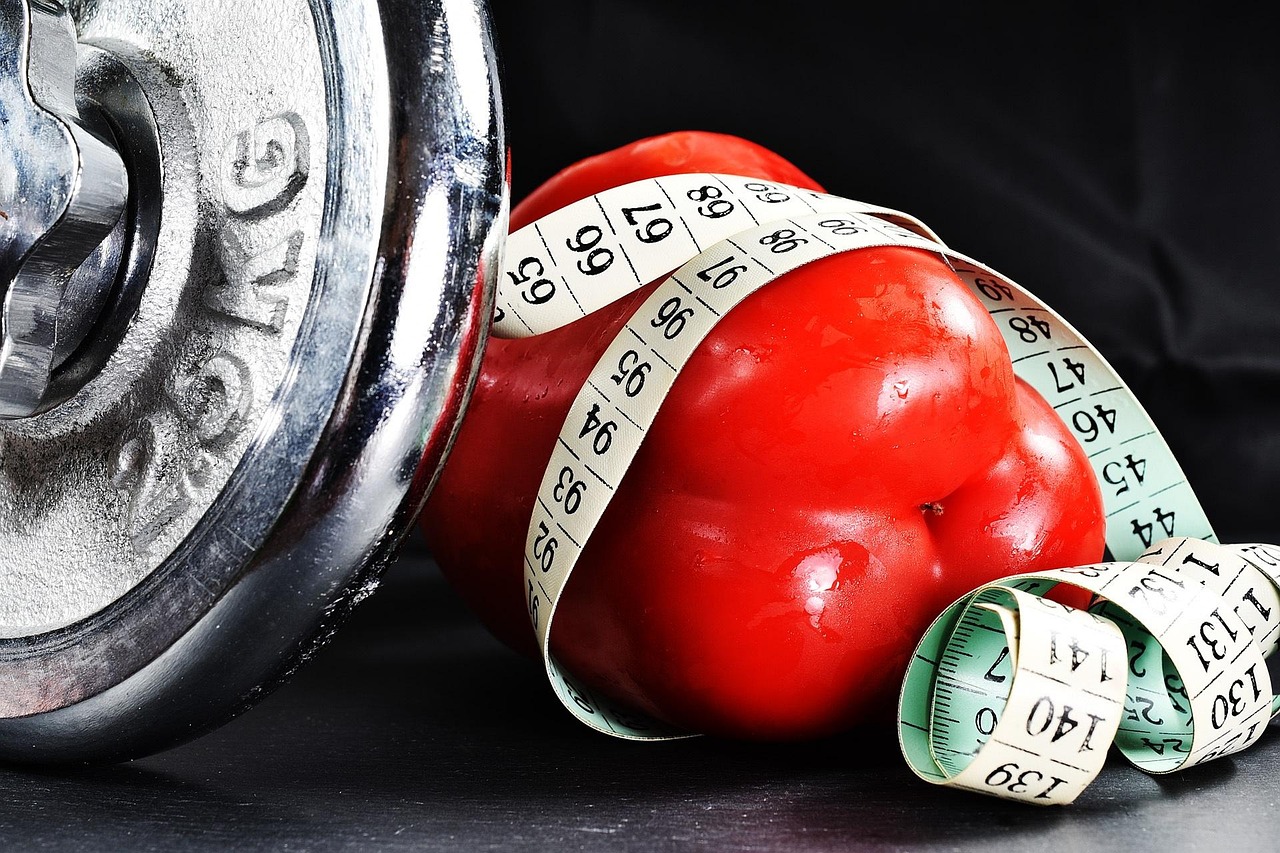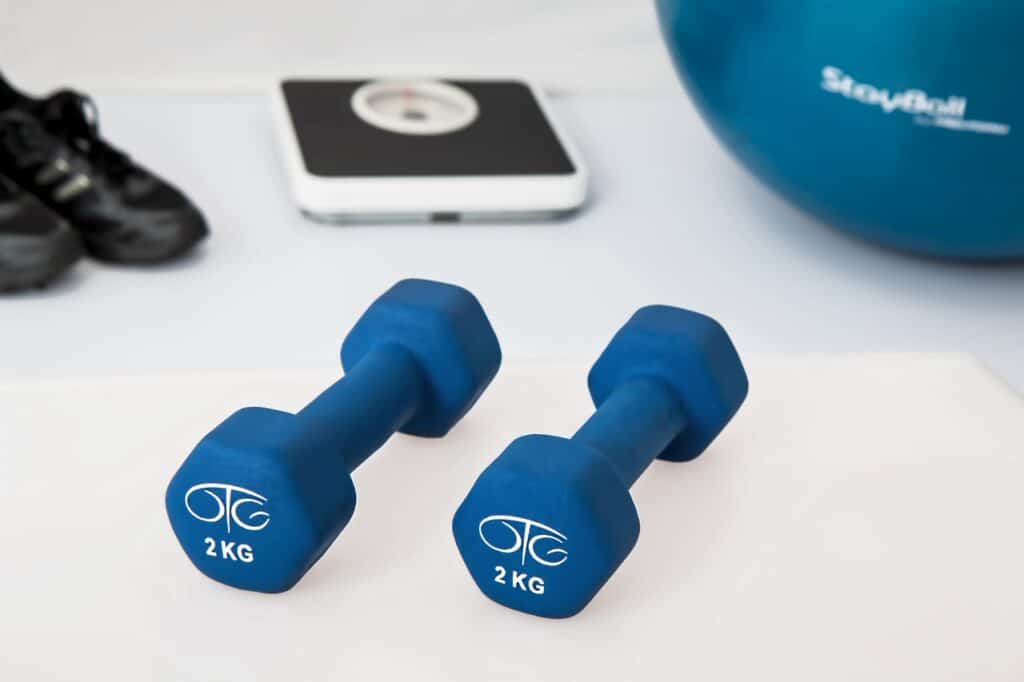Physical Address
304 North Cardinal St.
Dorchester Center, MA 02124
Physical Address
304 North Cardinal St.
Dorchester Center, MA 02124

We’ve all heard the advice: “You can lose weight with diet alone” or “Exercise is key to shedding pounds.” But which is the real game-changer in the weight loss journey? While both approaches have their merits, it’s crucial to understand that the key to sustainable weight loss is a balance between diet and exercise.
In this article, we’ll explore whether it’s truly possible to lose weight with just diet, or if exercise is an essential factor in the equation. Along the way, we’ll discuss the science behind weight loss, how to approach your fitness and nutrition routines, and why mental wellness is just as important as the physical aspects. So, if you’re looking to uncover the most effective weight loss strategy, you’re in the right place!

To understand weight loss, it’s helpful to first grasp the concept of calories. Weight loss boils down to a fundamental principle: calories in vs. calories out. In simple terms, if you consume more calories than your body burns, you’ll gain weight. If you burn more than you consume, you’ll lose weight. It’s that simple and yet incredibly complex when you consider all the factors that contribute to this balance.
When it comes to diet, the equation is straightforward. Consuming fewer calories than your body needs will create a calorie deficit, and in turn, your body will begin to burn stored fat for energy. This is why calorie-controlled diets can lead to weight loss, as they reduce the amount of energy available for the body to store.
Popular diets like low-calorie, low-carb, and intermittent fasting can all create this deficit, leading to weight loss. However, it’s important to note that not all calories are created equal. Nutrient-dense foods such as fruits, vegetables, lean proteins, and whole grains provide your body with the vitamins and minerals it needs while helping you stay full longer, making it easier to maintain your calorie deficit.
Exercise, on the other hand, burns calories and helps you create that calorie deficit. While it’s possible to lose weight with diet alone, exercise plays a crucial role in accelerating fat loss, improving cardiovascular health, and building lean muscle mass.
It’s a common misconception that exercise alone will lead to significant weight loss. While exercise is essential, diet is usually the determining factor when it comes to the number of calories you’re consuming. Exercise helps you burn extra calories, but without the proper diet, you may not create enough of a deficit to see substantial weight loss.
So, can you lose weight with just diet? The short answer is: yes, you can. Many people have successfully lost weight simply by cutting back on their calorie intake, either through portion control or by following specific diet plans.
While these diets can lead to weight loss, it’s important to note that cutting calories too drastically can backfire. Extremely low-calorie diets may cause muscle loss, nutrient deficiencies, and may slow down your metabolism, making it harder to maintain weight loss in the long run.
Exercise has a role far beyond burning calories. While it may not be the primary factor in creating a calorie deficit, it is essential for overall health and plays a crucial part in maintaining weight loss.
To maximize weight loss, it’s best to combine different types of exercise:
So, while you can lose weight with diet alone, incorporating exercise into your routine will speed up the process and provide additional health benefits. But the most important thing to remember is balance. The ideal approach is not one extreme or the other—it’s finding a sustainable combination of diet and exercise that works for your lifestyle.
When diet and exercise come together, they work in synergy. Diet helps you control the calories you consume, while exercise helps you burn extra calories and maintain lean muscle mass. Here’s how combining both can benefit you:
When discussing weight loss, it’s easy to overlook the mental and emotional factors at play. Stress can cause your body to crave unhealthy foods, leading to overeating and sabotaging your weight loss efforts. Moreover, poor mental health can reduce motivation to exercise or stick to a healthy eating plan.
Incorporating mindfulness techniques like meditation, deep breathing, or yoga into your daily routine can help you manage stress and emotional eating. Additionally, sleep plays a critical role in weight management. Aim for 7-9 hours of restful sleep each night to support healthy hormone levels and reduce cravings.
Ultimately, the best way to lose weight and keep it off is through a holistic approach. A balanced combination of diet, exercise, and mental wellness will not only help you lose weight but also improve your overall health.
Here’s a quick summary of how to approach weight loss:
To answer the question—Can you lose weight with just diet, or is exercise a must?—the truth is, both are important. Diet sets the foundation for weight loss, but exercise accelerates the process and ensures long-term success. By combining both, you’ll achieve sustainable, healthy weight loss and enhance your overall well-being.
Now, it’s time to take action. Start by making small, sustainable changes to your routine—whether it’s adjusting your diet or adding in a 20-minute workout. Over time, these little steps will lead to big results. Your body and mind will thank you!